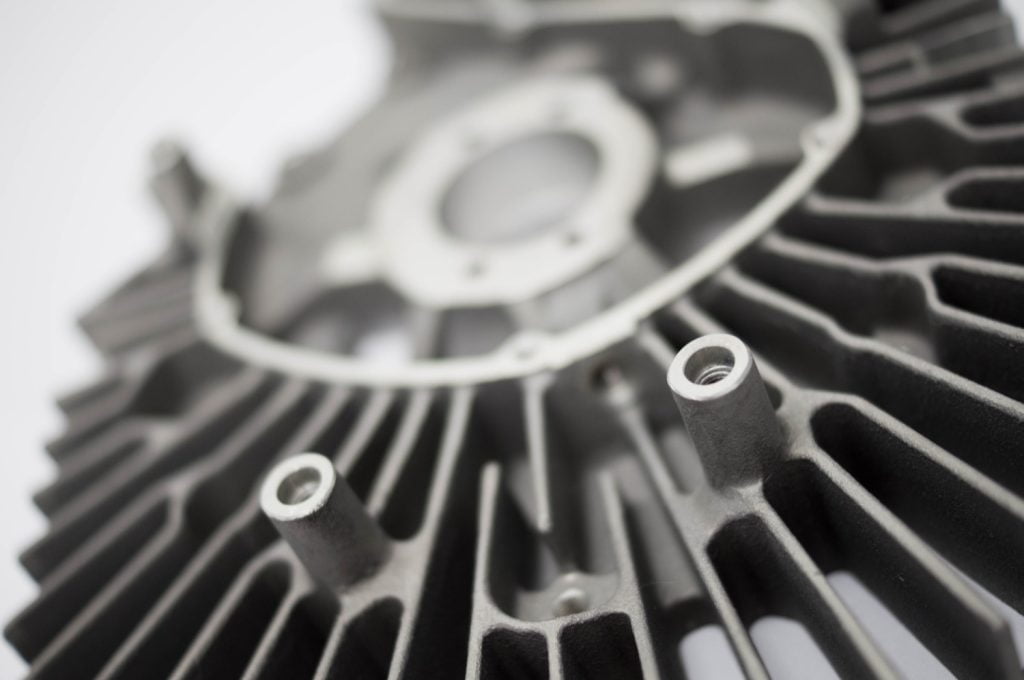Published - 30th Sep 2015
Aluminium is an extremely versatile metal that is used extensively in engineering applications.
At Haworth Castings, we specialise in using aluminium-based alloys to produce high-quality castings for customers in the defence, energy, marine and aviation sectors.

In this blog, we take a look at this remarkable metal and explore its unique mechanical and physical properties.
Aluminium is the most abundant metal in the earth’s crust (8%) and the third most common element after oxygen and silicon.
Aluminium compounds have been used for thousands of years. Indeed, the ancient Greeks and Romans used aluminium salts for dyeing purposes and for dressing wounds. In the early 19th century, the English chemist Humphrey Davy identified the existence of a metal base of alum which was later termed aluminium and, in 1825, the metal was first produced by Danish chemist Hans Christian Ørsted[1].
The use of aluminium soared in the early 20th Century following the rapid growth of the automotive and other industries. Today, aluminium is the one of the most widely used metals, with worldwide production estimated at 29 million tons per year[2].
Aluminium is a silvery-grey soft metal but it is rarely found in its pure state due to its chemical reactivity. Virtually all aluminium is extracted from its main ore, bauxite, which is found primarily in Africa, the West Indies, South America, China and Australia.
Aluminium can be mixed with other elements, such as copper, zinc, manganese, silicon and magnesium, to produce different alloys. This enhances the metal’s mechanical properties and strength.
Aluminium alloys offer a number of valuable properties, including:
Due to these characteristics, aluminium alloys are used in a whole range of applications, from aircraft parts through to railway tracks, power transmission lines, paints, pyrotechnics, packaging, construction materials (e.g. windows and doors) and household items, such as cooking utensils and food containers.
Aluminium is one of the main materials used in the aerospace and transportation industries due to its excellent strength-to-weight ratio. The metal’s eco-friendly credentials, in terms of corrosion resistance and recyclability, has led to a huge demand for aluminium vehicle parts in recent years.
Aluminium can be easily cast and machined, which explains why we use this metal as the main material in many of our components at Haworth Castings.
In our next blog, we will take a look at the typical aluminium alloys used in our sand casting processes.
If you would like further information about our aluminium sand casting, gravity-die casting or finishing processes, please email us today at: sales@haworthcastings.co.uk or call +44 (0)1794 512685.
[1] Wikipedia
[2] Aalco
If you have a project, talk to our experienced sales team
Contact us